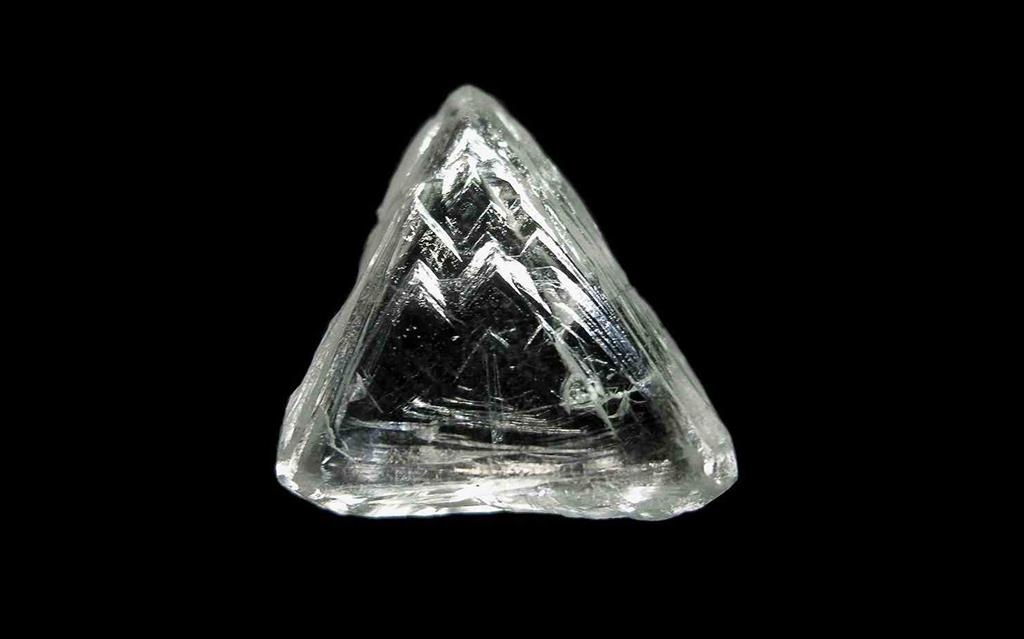
RAPAPORT… Civil-society groups have lashed out at the diamond trade over its apparent leniency in preventing human-rights abuses from tainting the supply chain.
The recent update to the World Diamond Council’s (WDC) System of Warranties falls short of international standards for responsible company behavior, including by stating that respect for human rights by companies is voluntary, five non-governmental organizations stressed in a joint statement published to coincide with this week’s Kimberley Process meeting in Brussels.
“This so-called upgrade by the WDC to its self-regulation guidelines appears to be more of a token attempt to appease criticism of the diamond industry’s failings than a real step towards ensuring that the diamond trade does not continue to fuel human-rights abuses,” said Sophia Pickles, campaign leader at Global Witness.
The rules say WDC members are “encouraged” to avoid contributing to abuses, and asks them to “reject” child labor rather than making such practices unacceptable, added the groups, which included Amnesty International, the Enough Project, Global Witness, Human Rights Watch and Impact.
The WDC — which represents the trade at the KP — created the System of Warranties in 2000 as a method of keeping the supply chain conflict-free. An open review period took place earlier this year enabling members of the trade and the public to submit comments that the WDC would consider.
The reforms “leave individuals and communities at very real risk of exploitation and other serious harms, and will leave consumers with a false sense of assurance that their jewelry has not contributed to those abuses,” noted Brad Brooks-Rubin, managing director of the Enough Project.
The NGOs urged individual companies to go
beyond the WDC’s guidelines and operate in line with the United Nations Guiding
Principles on Business and Human Rights and the OECD Due Diligence Guidance for
Responsible Supply Chains of Minerals from Conflict-Affected and High-Risk Areas.
The new guidelines now include “clear references” to international human-rights treaties and other standards, argued WDC president Stephane Fischler in a statement to Rapaport News. The organization is also developing tools to help companies carry out their own due diligence, and is working to improve engagement with artisanal mining communities, he added.
“Our objective is to
vigorously protect the integrity of diamonds, and just as vigorously to defend
the ability of our industry to serve as [an] engine for sustainable and ethical
social and economic opportunity for all our many stakeholders, and especially
those living in and around the mining regions,” Fischler said.
Civil society and the WDC are two of three parties that take part in the KP, alongside governments. None of the organizations that published this week’s critique of the WDC are currently part of the KP’s civil-society coalition.
The full statement by the civil society groups can be found here.
Image: A 9.94-carat rough diamond from South Africa. (Rob Lavinsky)
Leave a Reply